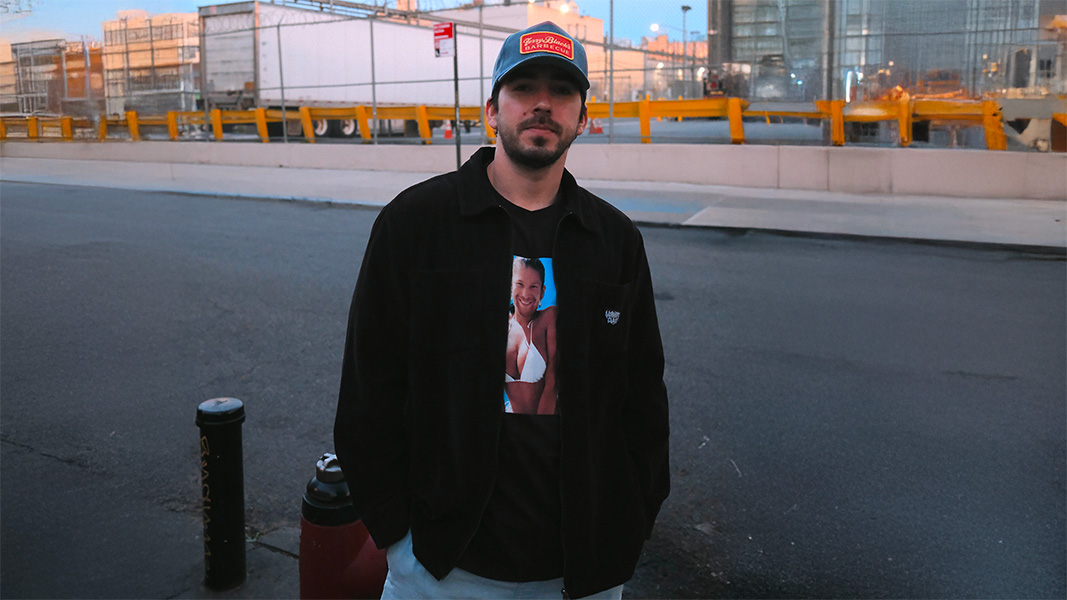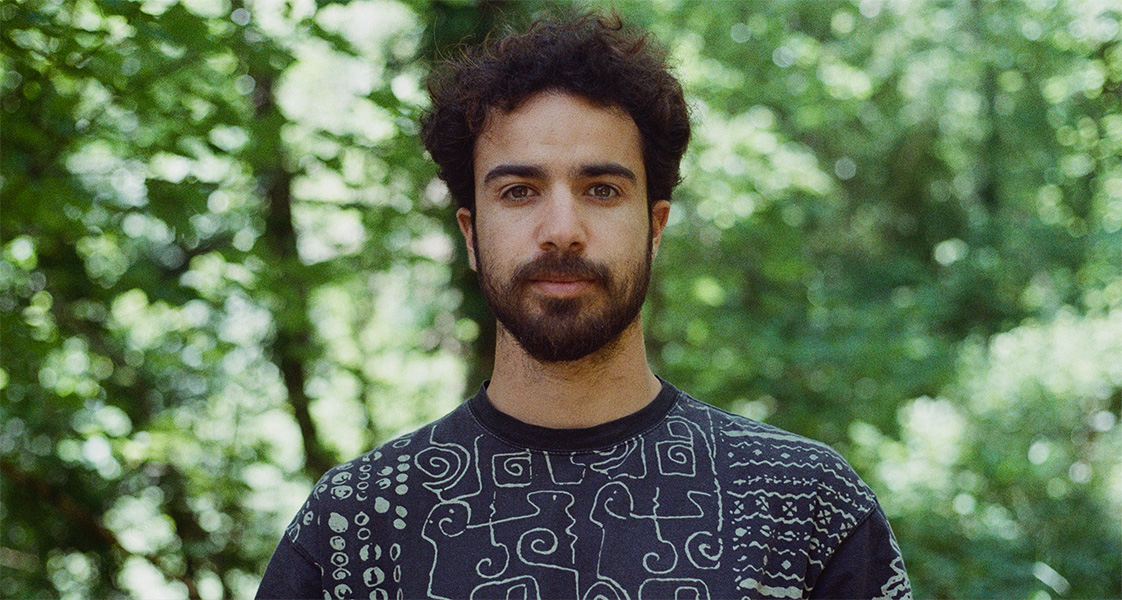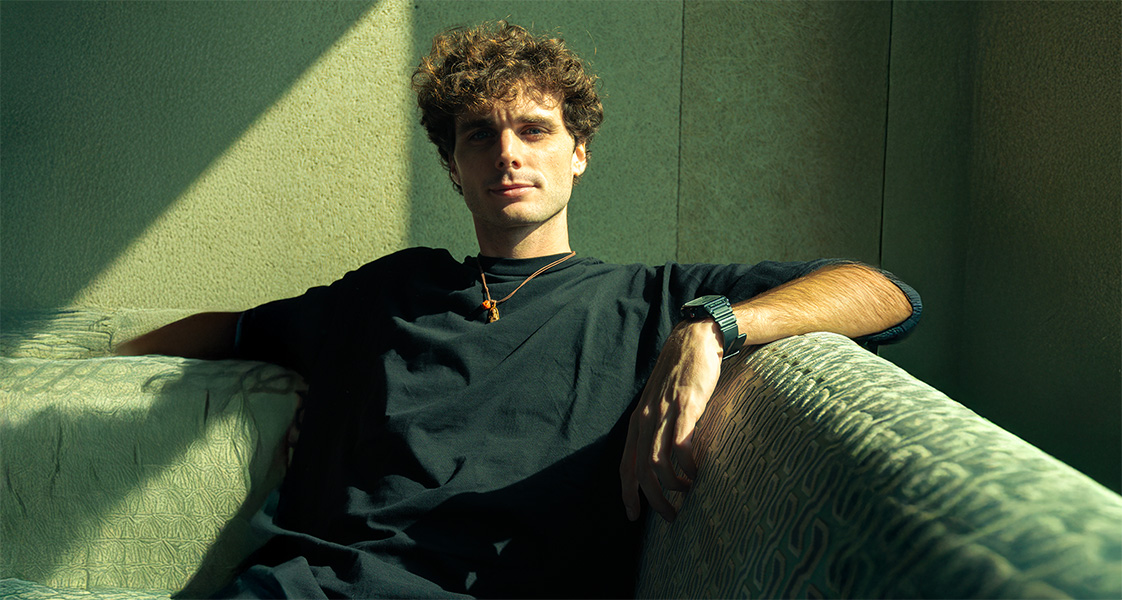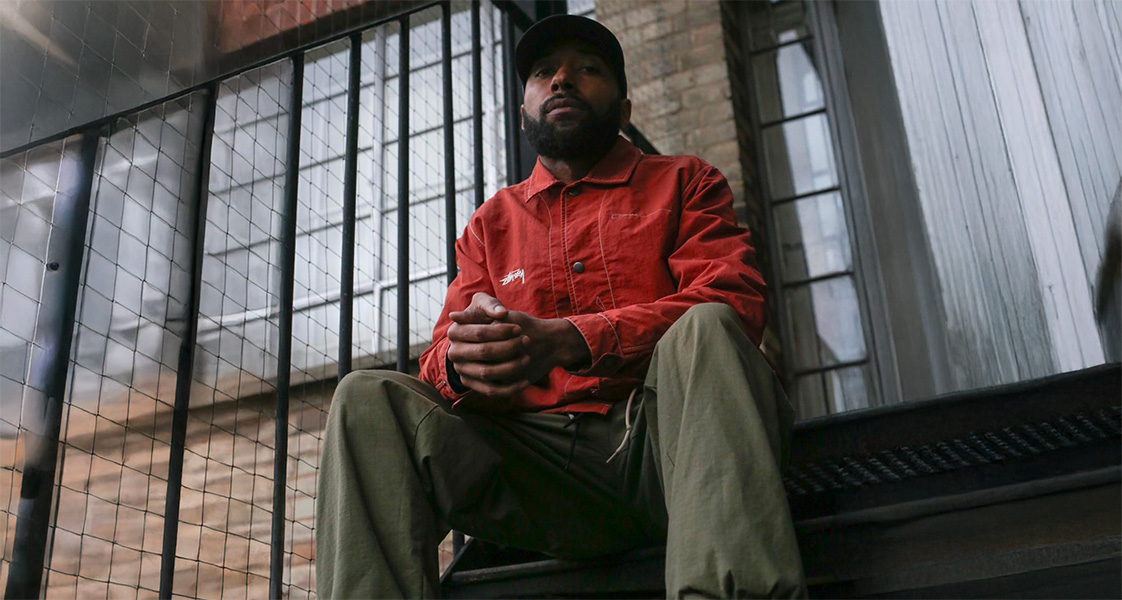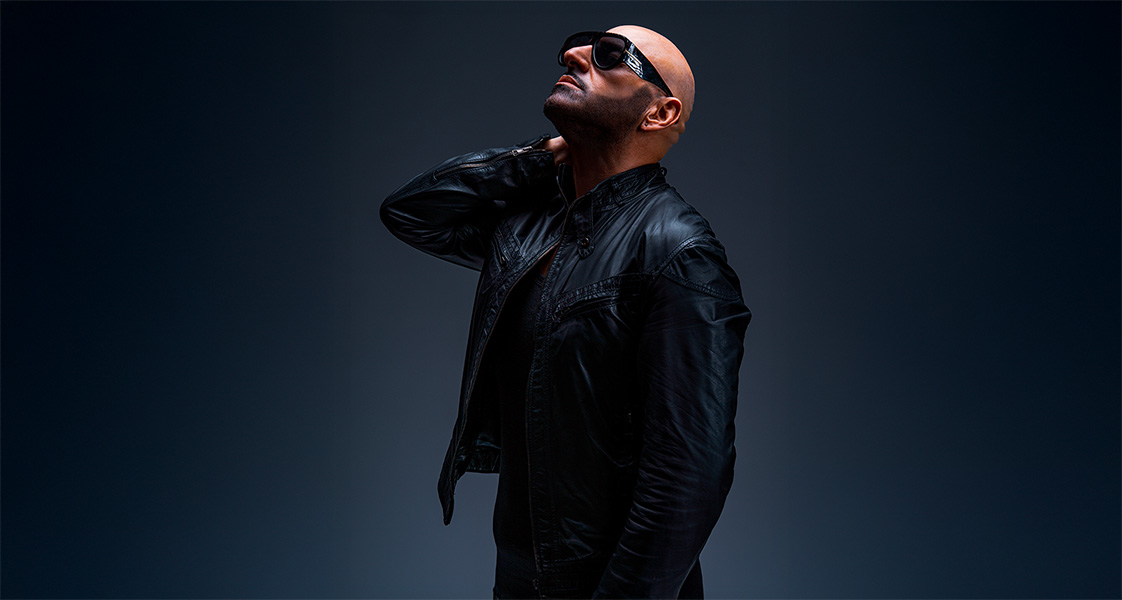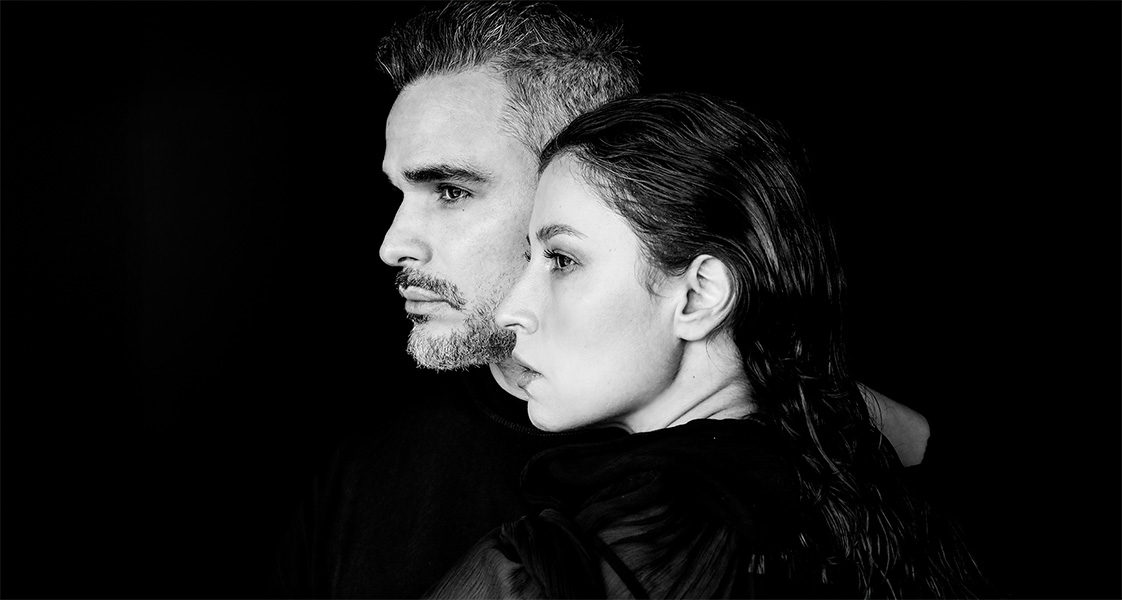Born in Braila, a city in Eastern Romania, Gojnea76’s journey is a powerful testament to resilience, transformation, and an unyielding drive to turn adversity into art. With roots in rock music and motorsports, his journey into electronic music is not just about bangers and synthesizers. His rise as one of Romania’s most talked-about electronic music artists is a testament to his ability to turn pain into power and fear into freedom. We sat down with him to discuss overcoming adversity, minimal Memphis rap, all things FUEL, and more!
WWD: Hey Florin, quite a story you have! Do you think that your near-death experience has changed the way you make music?
Of course, that was one of the main reasons behind a shift in how I create in the studio. You don’t really get the change until it happens to you. I’m lucky I made it out alive and I just let the new wave of inspiration take over. I didn’t fight it.‘
WWD: What tips can you give others struggling to find inspiration when they are down?
With all due respect, I don’t think I’m in a place to give deep advice. But I’d say try transcendental meditation and explore new music. And by that, I mean really give time to new genres. A quick tip is to try copying a track you love. Everyone talks about it. The funny thing is it won’t sound the same at all. But starting from that idea, you can unlock new flows and excitement.
WWD: What was the turning point for you after your accident?
The accident was a wakeup call on all levels, not just artistically. It came with shifts in how I see things in the studio. I don’t think I changed. What I do now is just an expansion. I’m trying to keep it moving, not stay stuck.
WWD: You are from Romania, but not the typical sound we are used to from the region. Can you sum up your music in just 3 words?
Powerhouse. Pedal. Wtf was that?
WWD: We read that you create minimal meets Memphis rap – can you explain what this is? How did you get into Memphis rap?
Around 2005 I heard Dj Screw’s mixtapes for the first time and I went deep into Memphis rap. I still listen to it. I like it a lot. I love to experiment in the studio, and this blend between Memphis rap and dancefloor beats is not something only I’m doing. There are other super talented artists out there too. Most of them keep it lo-fi to stay authentic. I just chose to do it my way and make it sound fresh, with nasty 808 tape basslines and pitched vocals.
WWD: FUEL is your label and event series. Can you tell us artists you want associated with your brand and what you look for when it comes to releases and bookings?
When I started the label Future Electronics, I didn’t think it would turn into FUEL, meaning an event series too. But it did, and I love the process. I’m into artists who bring contagious energy. I’m not chasing a certain style. I want that spark. Doesn’t matter if it’s a 909 powerhouse or a proper UK garage banger. If it lights me up, I’m in. And luckily, there are so many fire artists out there.
WWD: The next release is your own, titled ‘Punisher Braila’ – what does this title mean and can you break down what these tracks mean to you?
To keep it funny, you gotta be from Braila to get the joke. I’d need 10 minutes to explain what I put in two words. Punisher Braila, in an ironic way, is a metaphor for a certain type of love relationship brought into the energy of a track. That angry but crazy sweet love. And the funny part is they’re sampled from a metal band from the US, but they work perfectly with the pattern I had in mind.
WWD: Aside from your story, how do you make yourself individual /original as an artist these days?
It’s the simplest job. Just be yourself.
WWD: Finally, what do you want to achieve to take your career to the next level this year?
I’m positive I’ll get where I planned, and only by working.
WWD: Thanks for the chat 🙂

